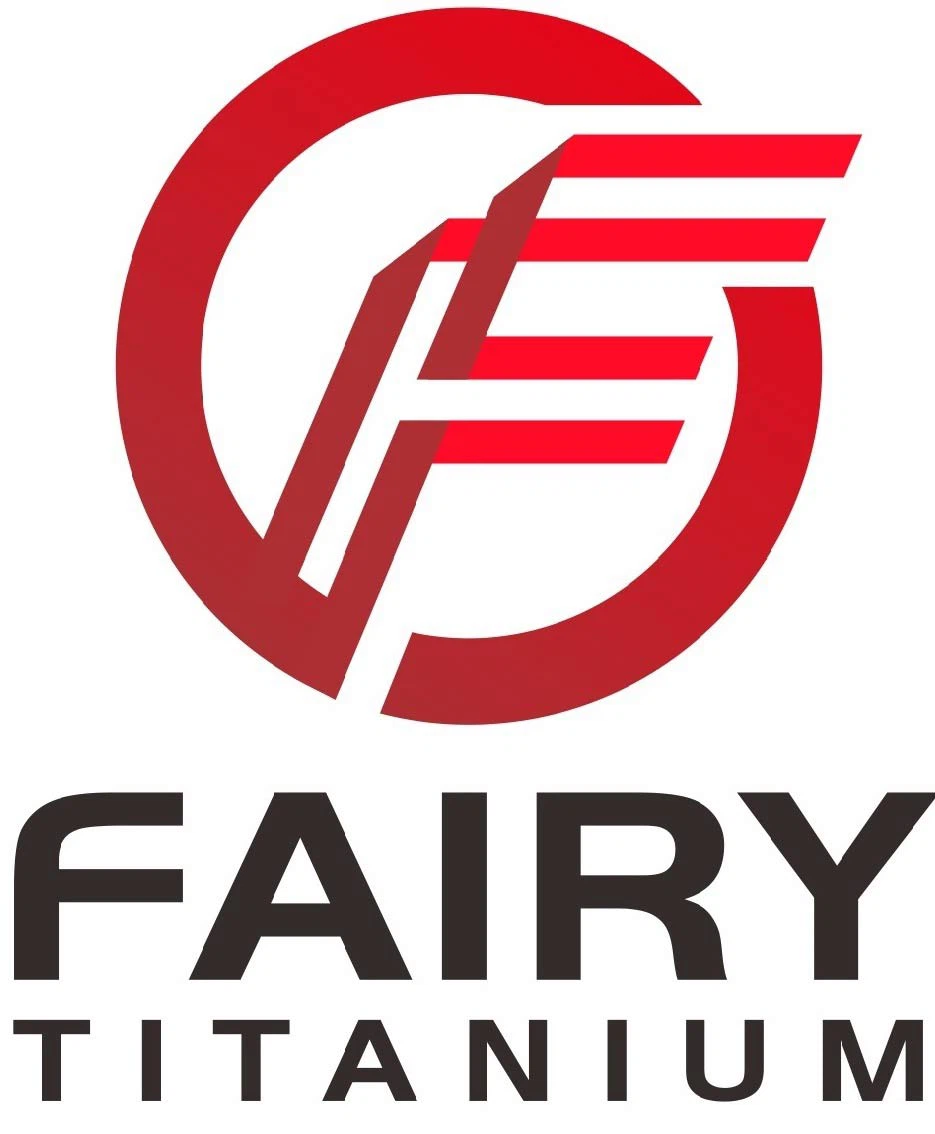Surface Diffusion and Ion Implantation
Unlike surface nano-treatment, surface diffusion and ion implantation dope metal or non-metal materials into titanium alloy matrix material, change its surface structure composition, and improve the surface resistance of titanium alloy matrix by means of the modified layer. For example, the surface of titanium and titanium alloy is permeated by non-metallic materials such as nitrogen and carbon, or diffused by metal materials such as aluminum and molybdenum, thus improving the wear resistance and corrosion resistance of the titanium alloy matrix. The corrosion resistance of TC4 substrate can be effectively improved by infiltrating TA on the surface of TC4 substrate by the reticular cathode glow discharge method.

The surface phase structure of TC6 can be greatly changed by using the solid powder embedding method and the method of preparing molybdenum infiltrated layer so that the surface hardness of TC6 can be increased to 1400hv; At present, with the rapid development of science and technology, the theoretical research and application function depth of vacuum technology is gradually improved. An ion implantation technology can be derived from the original surface penetration technology. For example, the surface hardness of TA7 titanium alloy can be increased to 1200hv by ion nitriding. The surface hardness of Ti6AI4V alloy treated by arc glow plasma hydrogen-free carburizing technology can reach 935hv and show strong wear resistance.Ti6Al4V alloy can also be treated by liquid-phase plasma electrolytic carbonitriding technology to produce Ti deposited hard coating on the alloy surface. Increasing the treatment time of titanium alloy in this way can effectively improve the thickness of the hard infiltration layer and improve the wear resistance of titanium alloy.
Surface Coating Technology
The surface of the base material is treated by corresponding processes. The composite coating and the base material produce a protective coating on the surface of the base material, which has good properties in chemistry, heat, and so on. With the help of the corrosion resistance and heat resistance of the surface coating, the production cost can be reduced, so as to improve the product performance and have a long service life in subsequent use. At present, the surface coating technology of vapor deposition and cladding can effectively improve the wear resistance of titanium alloy and have a strong effect on corrosion resistance. The organic integration of surface activation and hydrogenation treatment can effectively improve the surface conductivity of titanium alloy and avoid material corrosion after contact with soft rainwater. Using vapor deposition technology, TA2 and TC11 substrates are made into TiAIN film, which can form the metallurgical combination of three elements in the bonding part between the film and the substrate, and effectively enhance various properties of the substrate.








